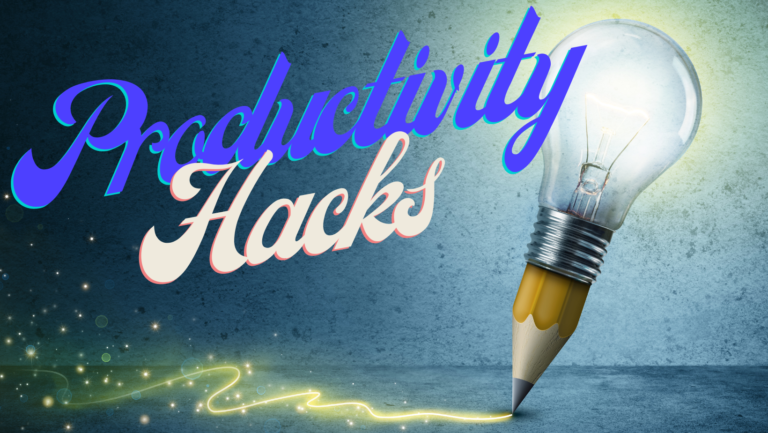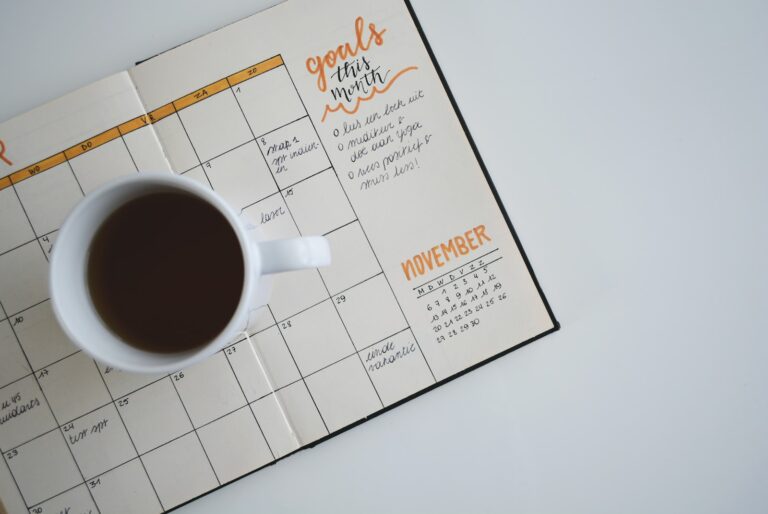Exploring Genres: Finding Your Narrative Niche
Hey there, fellow wordsmiths! Whether you’re a seasoned author searching for a fresh narrative direction or an aspiring writer still figuring out exactly where your storytelling heart belongs, choosing the right genre can feel a bit like finding the perfect pair of shoes—it has to fit just right and feel comfortable from the start. As both a writer and a teacher guiding students through the wild landscape of creative writing, I know how exciting yet overwhelming exploring genres can be. So grab your favorite beverage, settle in, and let’s chat about how to discover the genre that best suits your unique voice and storytelling style.
Getting to Know Popular Genres
Before you settle into your narrative niche, it’s crucial to have a feel for some of the popular genres out there. Understanding the core ingredients that define these genres can help you find the perfect playground for your storytelling adventures.
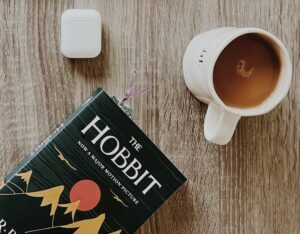
Fantasy: Magic, Myths, and Marvels
Fantasy is the genre of endless imagination, where the impossible becomes the everyday. This is where dragons roam, magic sparks, and heroes rise from humble beginnings to save their worlds. If you’re drawn to building entirely new worlds or reimagining our own with a sprinkle of magic, fantasy might be your calling. Think of classics like J.R.R. Tolkien’s Lord of the Rings or modern favorites like Leigh Bardugo’s Six of Crows. Writing fantasy gives you the freedom to create unique magic systems, complex societies, and epic quests that mirror our own world’s challenges through fantastical metaphors.
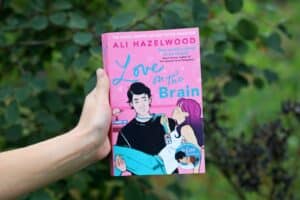
Romance: Matters of the Heart
Ah, romance—the timeless genre of love and relationships. Romance stories focus on emotional connections, conflicts, and resolutions between characters. Readers of romance expect a satisfying emotional journey, whether it’s sweet and gentle or passionate and dramatic. If you adore exploring human emotions, crafting witty banter, or diving into complex interpersonal dynamics, romance might be the genre that ignites your creativity. From historical romance à la Julia Quinn’s Bridgerton series to contemporary heartwarmers like Emily Henry’s Book Lovers, romance is perfect for writers who thrive on character-driven plots and emotional depth.
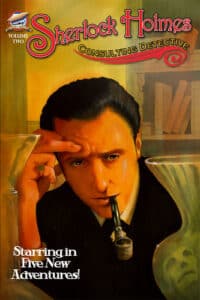
Mystery and Thriller: Keeping Readers on Edge
If you’re drawn to stories filled with suspense, clues, and twists at every turn, mystery and thriller genres might be where your narrative talents truly shine. Mysteries involve a puzzle or a crime waiting to be solved, while thrillers often focus on the tension and high stakes driving the plot forward. Think of Agatha Christie’s intricate detective stories, Gillian Flynn’s dark and suspenseful novels like Gone Girl, or even the fast-paced twists of Dan Brown’s The Da Vinci Code. Writing in these genres requires sharp plotting, compelling clues, and characters that keep readers guessing until the final page.
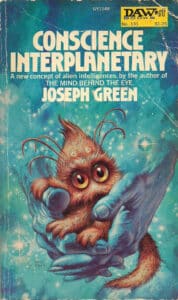
Science Fiction: Exploring Futures and Possibilities
Are you fascinated by the future, technology, or alternate realities? Science fiction blends imagination with plausible technological and scientific advances, exploring what could be, what might happen, and how humanity adapts to change. It ranges from dystopian novels like Suzanne Collins’ The Hunger Games to optimistic space exploration sagas such as Andy Weir’s The Martian. If your imagination thrives on innovation, moral dilemmas, and the impact of technology on society, science fiction offers endless storytelling possibilities and a vast canvas for exploring humanity’s future.
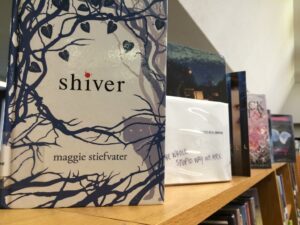
Young Adult (YA): Speaking to Youthful Spirits
YA fiction isn’t just about teenagers—it’s about the universal experiences of growth, discovery, and identity. Although characters in YA novels typically range from 13 to 18, the themes resonate with readers of all ages. YA fiction can cross into multiple genres, including fantasy, contemporary, romance, sci-fi, and even thrillers. Classics like J.K. Rowling’s Harry Potter series, Angie Thomas’s The Hate U Give, and John Green’s The Fault in Our Stars exemplify YA’s diverse storytelling range. If you love exploring transformative moments, youthful energy, and coming-of-age challenges, YA might just be your narrative home.

Narrowing Down Your Narrative Niche
Now that you’ve explored some popular genres, let’s dig deeper into how you can narrow down your choices and find the one that truly resonates with you.
Reflecting on Your Reading Preferences
One of the simplest and most enjoyable ways to discover your genre is by reflecting on your personal reading preferences. Which books do you naturally gravitate toward in a bookstore or library? Are your shelves filled with gritty crime thrillers, whimsical fantasies, or heartfelt romances? Understanding what you love to read helps pinpoint where your storytelling passions lie. Your reading taste is a powerful clue—if certain narratives captivate you, you’ll likely feel inspired writing in a similar style or genre. For instance, if your bedside table is stacked with Stephen King or Neil Gaiman novels, you might find your niche comfortably nestled in the eerie realms of supernatural horror or dark fantasy.
Experimenting Through Short Stories and Flash Fiction
Experimentation is a low-pressure, highly rewarding method to identify your preferred genre. Short stories or flash fiction (stories typically under 1,000 words) let you quickly test your creativity in different narrative waters without investing months or even years writing a full novel. This approach helps you discover your strengths and reveals the genre where your storytelling naturally flows. For instance, you might dabble in historical fiction by writing a short piece set during World War II, only to find your imagination sparks brighter when crafting futuristic dystopian scenarios. Short-form storytelling allows for rapid experimentation, helping you quickly recognize your strengths and weaknesses.
Identifying Themes That Resonate Deeply
Sometimes the genre that fits you best isn’t immediately obvious but becomes clear when considering themes you’re passionate about. Do you feel strongly about social justice, existential questions, complex family relationships, or the resilience of humanity? These powerful themes often guide authors toward a genre naturally suited for deeper exploration. If you’re drawn to themes of identity and belonging, young adult fiction or literary fiction might become your narrative niche. If justice and morality keep you up at night, exploring these issues through crime thrillers or courtroom dramas could resonate deeply.
Seeking Feedback from Trusted Readers
Feedback from trusted readers—friends, family, beta readers, or critique groups—can provide invaluable insight into your writing strengths. Often, others can see patterns or strengths in your writing that you might overlook. If your readers consistently mention how vividly you describe magical worlds or how tightly your mysteries are plotted, those comments provide clues toward identifying your narrative niche. For example, if readers regularly praise your compelling romantic subplots in your short stories, this might indicate an untapped talent for romance or women’s fiction.

Frequently Asked Questions about Exploring Genres
Q: Can I blend genres or do I need to stick with just one?
A: Absolutely blend them! Genre-blending is popular and can create exciting, fresh stories. Just make sure you balance elements clearly and thoughtfully.
Q: How long should I experiment before committing to a genre?
A: There’s no set timeline. Experiment as long as you feel comfortable. Trust your gut—when a genre feels right, you’ll know.
Q: Is literary fiction considered a genre?
A: Yes, literary fiction is a genre, typically characterized by a deep exploration of themes, character introspection, and a focus on style and language over plot-driven storytelling.
Q: Should market trends influence my genre choice?
A: Consider trends but never choose a genre solely based on them. Trends shift quickly—passion for your chosen genre will keep you writing when trends change.

Finding your narrative niche isn’t about limiting yourself; it’s about discovering where your storytelling magic truly shines. Embrace curiosity, keep experimenting, and enjoy the process of uncovering what feels genuinely rewarding. Remember, your genre should inspire excitement every time you sit down to write. So trust your instincts, keep writing, and most importantly—have fun exploring your narrative possibilities!



